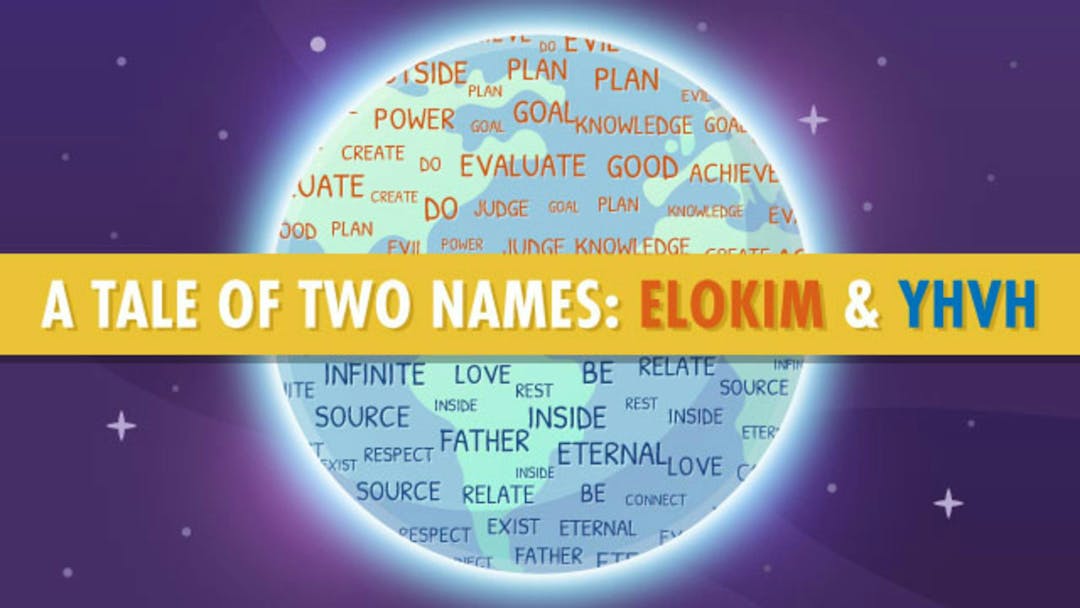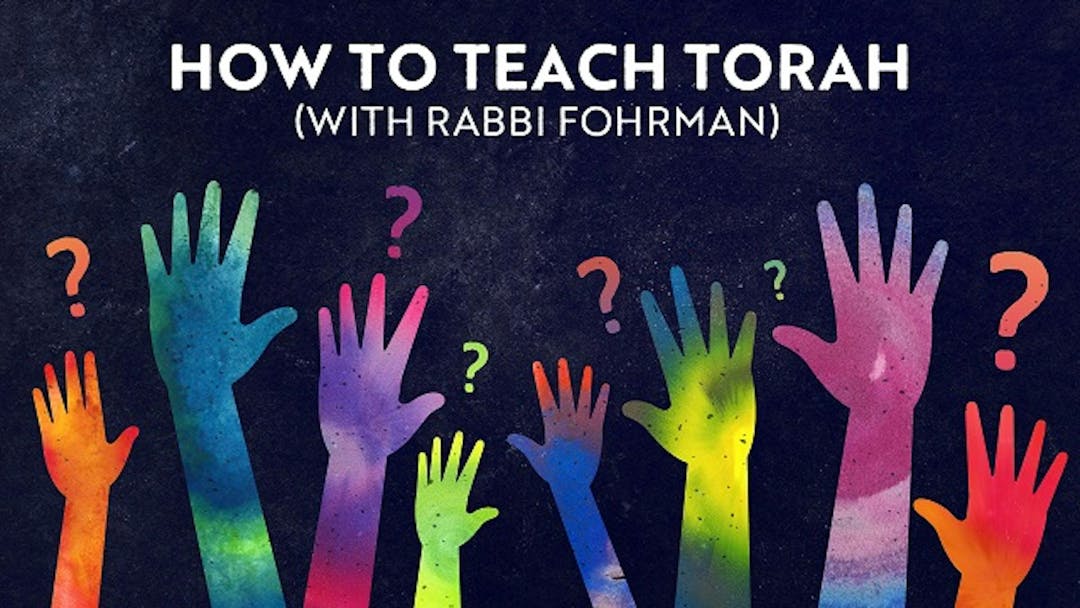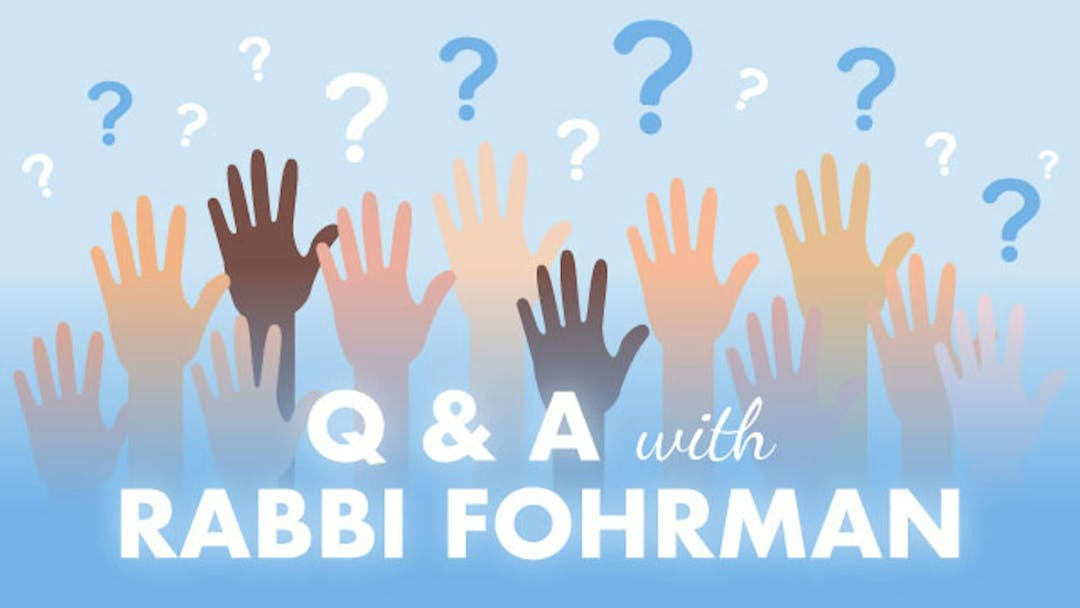Start your free trial today to unlock the full library and enjoy unlimited and uninterrupted access.
Get StartedThe Unity of the Torah Shown Through Chiasms
How Can We Respond to the Charges of Biblical Criticism?
The Documentary Hypothesis claims that the Torah is a compilation of many manuscripts with several authors. Aleph Beta Methodology is a rebuttal to this claim - intertextuality, chiasms that span through many different sections of the bible - these and much more are a natural way to disprove the Documentary Hypothesis. In this short audio clip, Rabbi Fohrman discusess at length how his work organically takes the offense against these false claims, and how he rebuts the Documentary Hypothesis.
For more on this, take a look at A Tale of Two Names: Elokim and YHVH, a dynamic audio lectures series with Rabbi Fohrman that delves into Genesis 1 and Genesis 2 and demonstrates how these two texts are proof of how the Torah is a unified book with one author - God.
Want to watch the full video for free?
Enter your email and we’ll send you a link to watch the full series free.
What is Aleph Beta?
Aleph Beta is a unique kind of Torah library. Led by our founder, Rabbi David Fohrman, we are dedicated to high-level, textual Torah learning for adults that is intellectually and spiritually sophisticated, that enlivens your Jewish practice and helps you forge a deeper connection to God. Whether you’ve been learning in yeshiva for years or you’re just beginning your Torah journey, you’re sure to find something meaningful and surprising waiting for you here.
Browse our library of over 1,000 beautifully produced animated videos, podcasts, deep dive courses, and printable guides. Topics include the weekly parsha, Jewish holidays & fast days, laws & mitzvot, prayers, relationships, big philosophical ideas and more. Have something to say at the Shabbos table that will amaze your family and guests and bring deep meaning into their lives.











